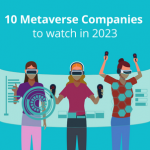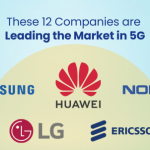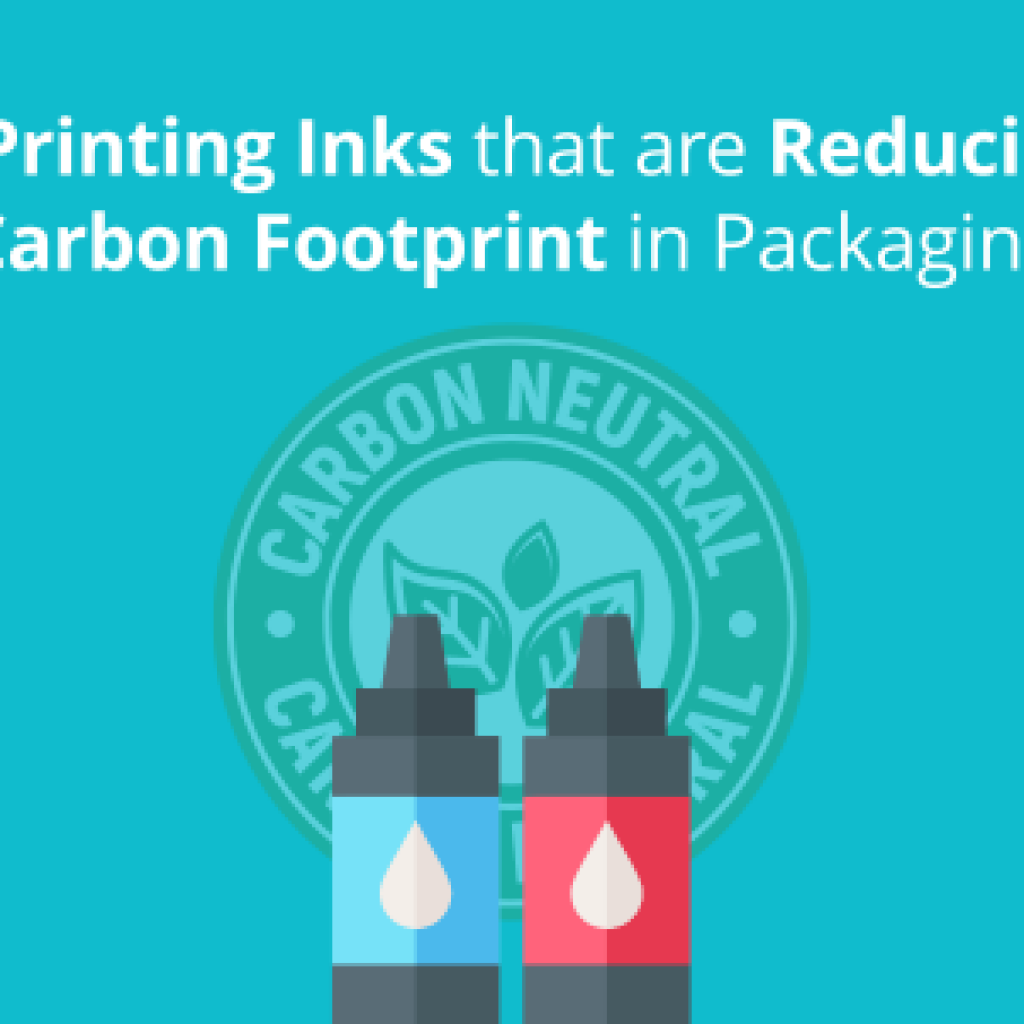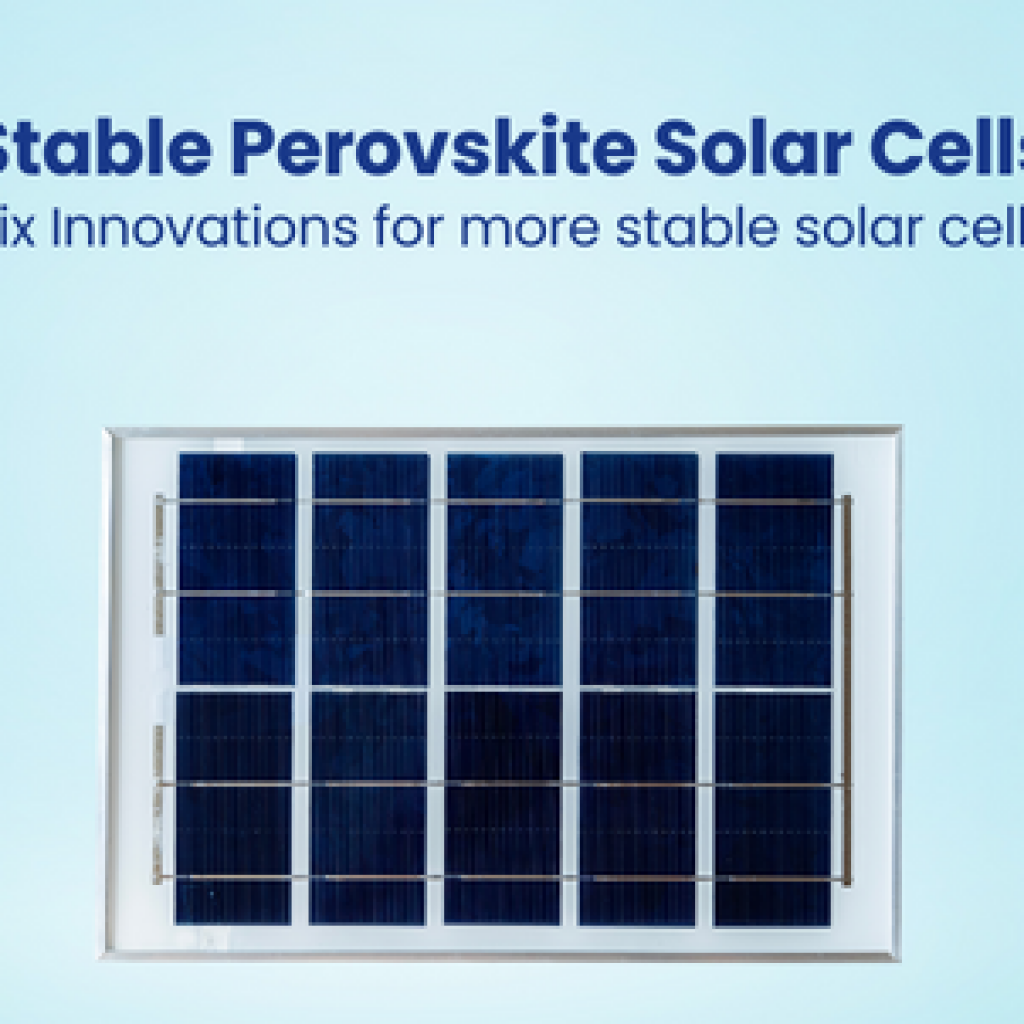Simplicity is the ultimate sophistication. – Leonardo da Vinci
The present era represents unprecedented technological complexity. The computers, mobile devices, televisions—even kitchen appliances—all require different controls and operate differently. This intricacy makes it all the more important for the new technology to be simpler and easier to use for customers.
The future of technology lies in the ease with which it can be incorporated into people’s lives. While we are on this page, let us talk about the technology which is the hot topic of town – Metaverse. Will Metaverse remain accessible to geeks, or is there something that can be done to make it convenient for mainstream usage?
As you all know from my posts that everyone at GreyB shares their learnings a lot and I make a point to steal some of their learnings and share with all of you. Today I want to share Shaksham’s email on an intersting topic.
Shaksham Shubham (Research Analyst)
Hey Everyone,
This mail was in my draft for quite some time, and I just felt like it makes no sense to share this as everyone must already know about it. But then, after yesterday’s town-hall, I felt encouraged to share this.
Metaverse is a wagon the technological world has jumped on quite fast. It gave rise to this Brownian motion of opinions. Do we need it? Are we getting detached from reality? What about our eyes? Imagine what a nightmare Metaverse will be to Gen X and Millennial parents, who can’t even stand their kids using cell phones. But then, this is how reality works, and we will never know what a technology turns into.
For instance, a magnetron (vacuum tubes used in early radar technologies) that Percy Spencer was once working on has been made into our kitchens and is known by the name of Microwave. This is just a small example of what an early discovery can turn into, and I feel that Metaverse is no different. But the roots of the Metaverse have existed in our lives for a long time in the form of Augmented Reality(AR) and Virtual Reality(VR).
In my opinion, the technology that may be used to “create” or “build” an AR or VR world will be an integral and crucial element. Creating an AR/VR environment needs to be as easy as possible for it to come into mainstream usage.
A few years ago, I came across this information that caught my attention. You may or may not have seen this car (no, it’s not that car from Furious 6):-
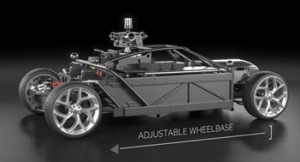
It’s called Mills Blackbird. It is a car that can be used for advertisements of any car, as you can digitally superimpose any car model over it. It has adjustable suspension and chassis that enables it to virtually mimic the performance of any car. It has an overhead camera that records lighting from the surrounding environment to be used to render perfect lighting on models during post-production. This advancement in AR technology can further impact large markets like the film and gaming industries.

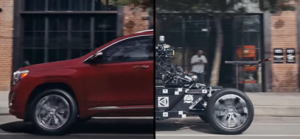
Lighting also reminds me of a recent introduction to this developing domain. The Unreal Engine 5. Games like Fortnite and PUBG were developed on Unreal Engine 4, which was capable of rendering hyper-realism. Disney’s Mandalorian and Ford v Ferrari are a few movies made using unreal engines. With Unreal Engine 5, the system will be capable of mimicking even light reflections.
When light hits a surface, some light is reflected while some are absorbed. But no rendering engine was capable of mimicking the reflection; hence with Unreal Engine 4, every frame was pre-rendered and saved, due to which each frame required larger space resulting in a larger storage requirement. With Unreal Engine 5, the rendered video will be able to accurately compute light movements. This feature is called Lumen. This feature gives an utterly realistic look to elements like shadows. If you look at the image below, you can see the multitude of variations in reflection that have been rendered in the image.

Here is another use-case for Unreal Engine, Cinematography. The visuals in the background of the image (below) were created using Unreal Engine features. As you move the camera, the perspectives of the background will change and adjust accordingly. Also, since the background is naturally a bright image/video, the reflections on the actors are defined, uniform, and give a realistic look. The background is a constructed image; hence you can always change the attributes of the image/ videos, like the seasons, types of rocks, buildings, or weather.
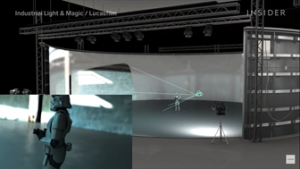
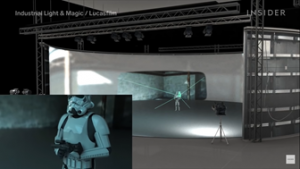
As time advances, processes like direction & cinematography will get software-oriented as the technology is becoming cheaper. Hyperrealism is getting refined and efficient with time. We are on the verge of breaking into a stage where VR might be closer than ever to actual reality. Game engines and rendering engines like Unreal Engine have opened new opportunities for developing concepts like Metaverse. But the creation of technology never guarantees success. But how and when will this impact our daily lives? I’ll let you decide that.
Regards,
Shaksham
That is some high on tech email! But, something to surely think about – what are your thoughts?
Share with us in the comment section below and here is another interesting read for you – Young Inventors changing the world with their Masterminds


